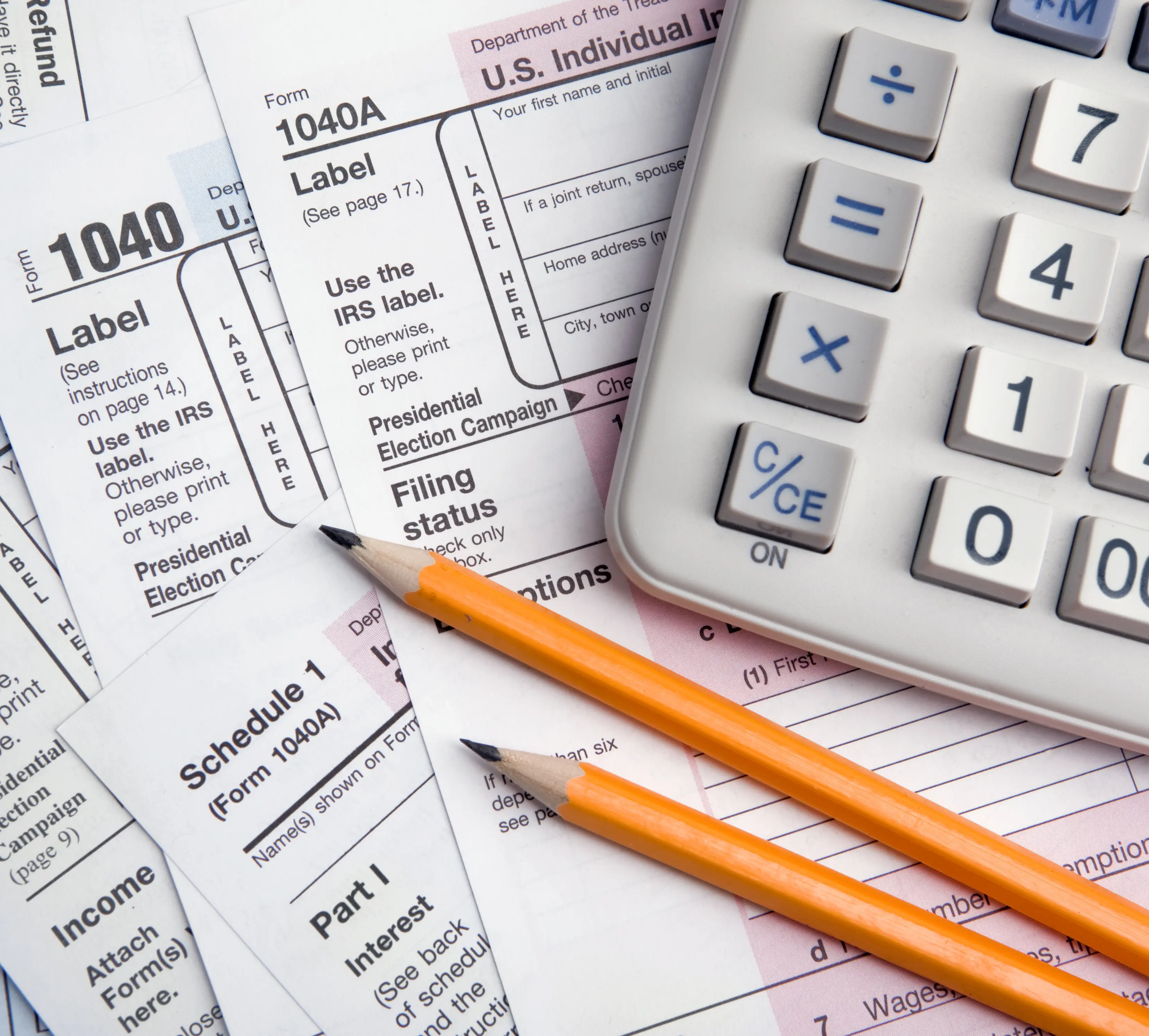Keeping up with our taxes is an important part of being a responsible citizen. Taxes are a crucial way for governments to earn money, and they come in various forms like income taxes from salaries, taxes on restaurant bills, toll fees, and taxes on grocery purchases. It’s essential for individuals and businesses to follow their country’s tax laws and pay what they owe. There are two main types of taxes: direct taxes, which people and businesses pay directly to the government, and indirect taxes, which are added to goods and services and paid by consumers.
Direct & Indirect Tax
Direct Tax
Direct taxes are a type of tax that you pay directly to your country’s tax authority. You can’t pass these taxes on to someone else, and it’s the tax authority’s job to handle everything related to these taxes.
These taxes usually depend on how much money you make or how wealthy you are. They use a system where the more you earn, the higher the percentage of your income you pay in taxes.
Some common direct taxes in different countries include Income Tax, Corporate Tax, Property Tax, and others like Wealth Tax, Interest Tax, Toll Tax, Dividend Tax, and more. These taxes cover a range of things, from what you earn to what you own and how you make money.
Indirect Tax
Indirect taxes are fees you pay when you buy things like goods and services. Unlike direct taxes, they don’t depend on how much money you earn. Instead, you pay these taxes as part of the price when you buy something.
For example, think of a sales tax you might see when shopping. When you buy something, the store adds this tax to the total cost, and you pay it to the store. The store then sends that tax money to the government. This way, the government gets money from what people buy without looking at their income.
Some common indirect taxes in different countries include Sales Tax, Value Added Tax, and others like Carbon Tax, Fuel Tax, and Stamp Duty. These taxes are linked to things people purchase or do, rather than how much they earn.
Direct and Indirect Taxes in UAE
In the UAE, corporations have to pay a 9% tax on their income. Since January 1, 2018, there’s also a 5% Value-Added Tax (VAT) on most goods and services. Excise taxes are in place too, with a 50% tax on tobacco and energy drinks, and a 100% tax on carbonated beverages and alcohol. Additionally, certain imported goods may have customs duties, though some products are exempt.
Tax consultants in Dubai
Tax consultants play a vital role in assisting businesses with their financial strategies and compliance with tax laws. Businesses can benefit from a tax consultant’s ability to prepare and file tax returns accurately and efficiently. This reduces the stress and time burden on business owners, allowing them to focus on core operations.
As one of the top tax consultations in Dubai, TCA can help businesses navigate the complex landscape of tax regulations. By strategically planning for taxes, TCA, the best audit firm, can reduce a company’s overall tax burden, freeing up capital for other investments and operational needs.


